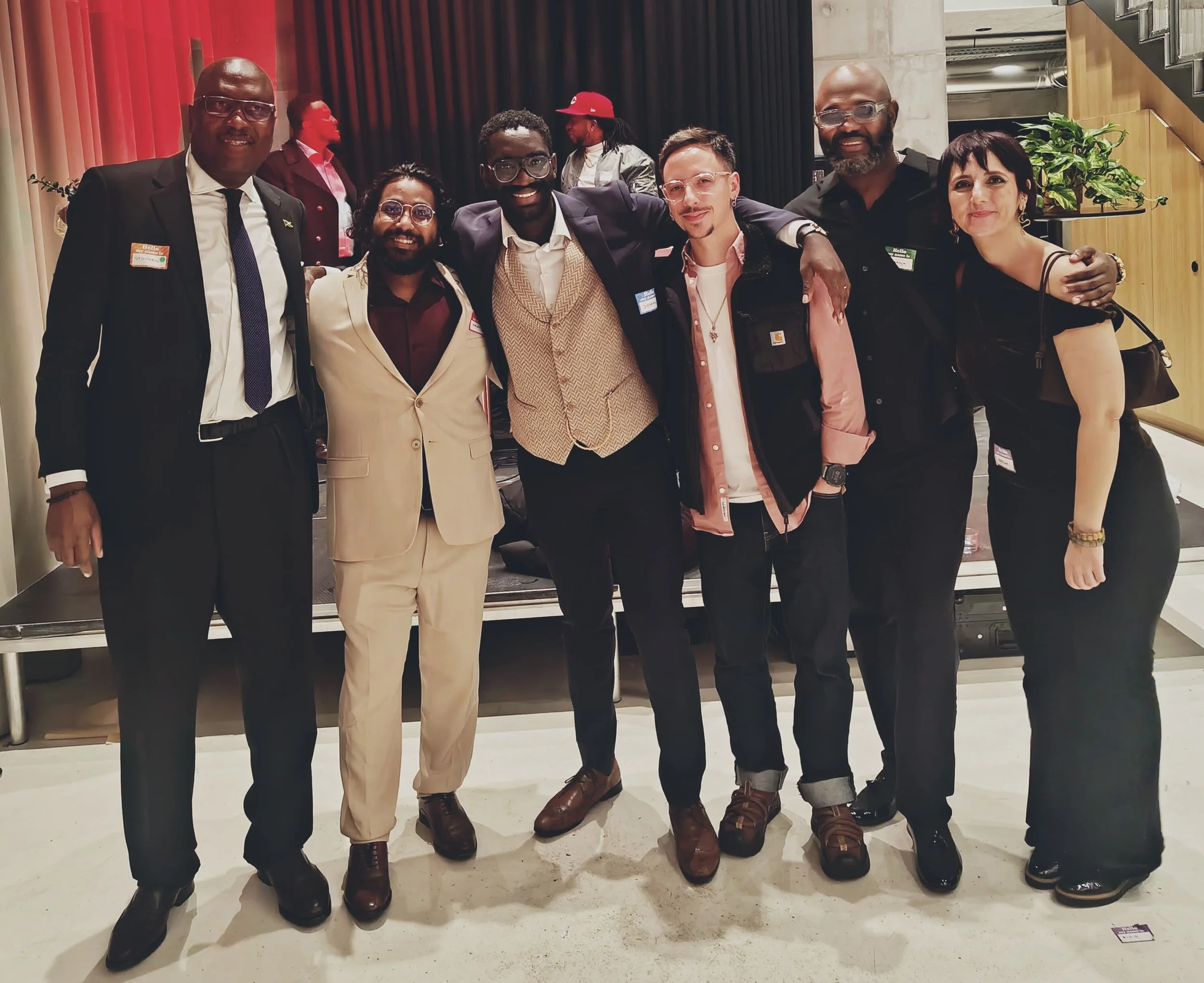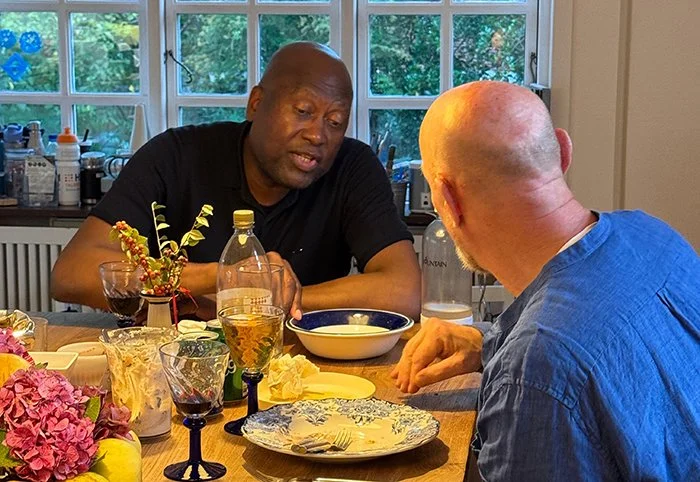The voice in your mind is powerful, and it does not always reflect the truth. If your aim is peak performance at the level of a professional athlete, you will benefit from having a coach. The more deeply you understand something, the more capable you feel when facing it. Malcolm Gladwell once noted that mastery develops after 10,000 hours of practice. The challenge is that very few people have invested that level of time in understanding themselves. When you dedicate time to self-awareness, you strengthen a foundation no one else can dictate. When you know who you are, another person’s opinion cannot define your identity or your potential.
True confidence comes from self-knowledge, remember that it is easy to feel confident when circumstances are smooth. The real test is whether your confidence remains when conditions become difficult. Self-understanding reminds you that you are not the situation in front of you because you exist beyond it. If this resonates with you, book a 30-minute discovery session with me via this link.
















